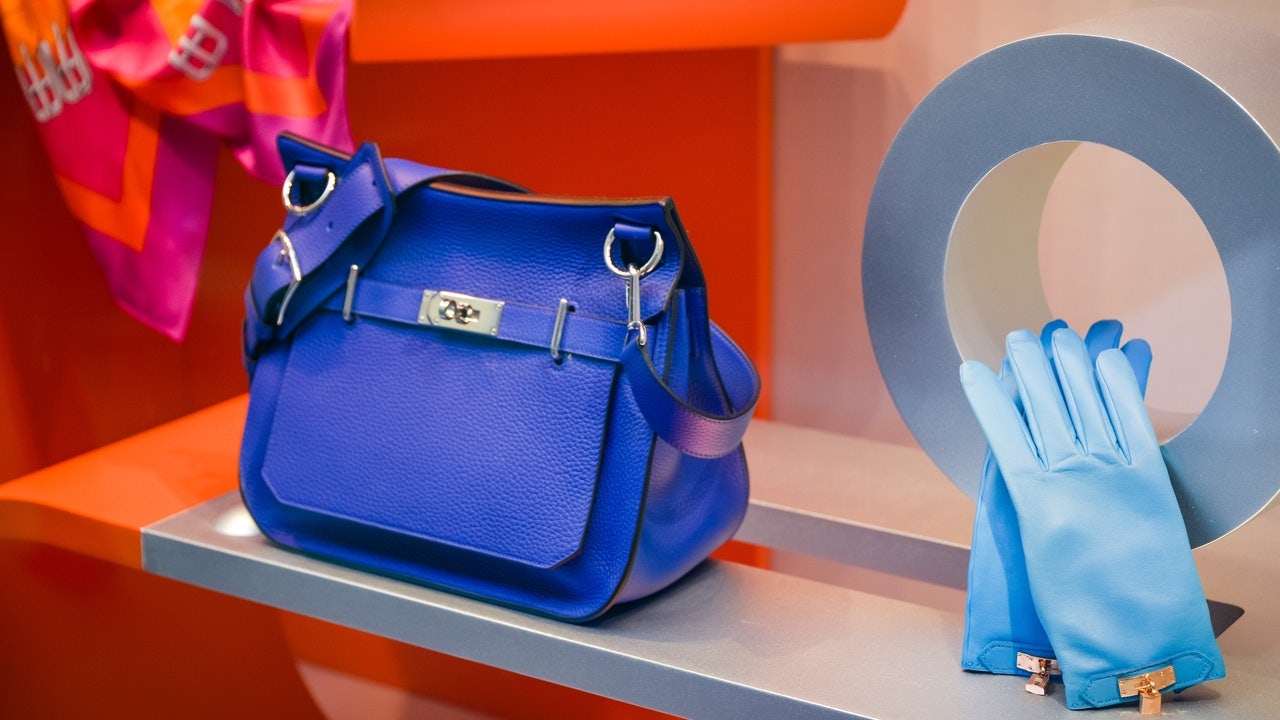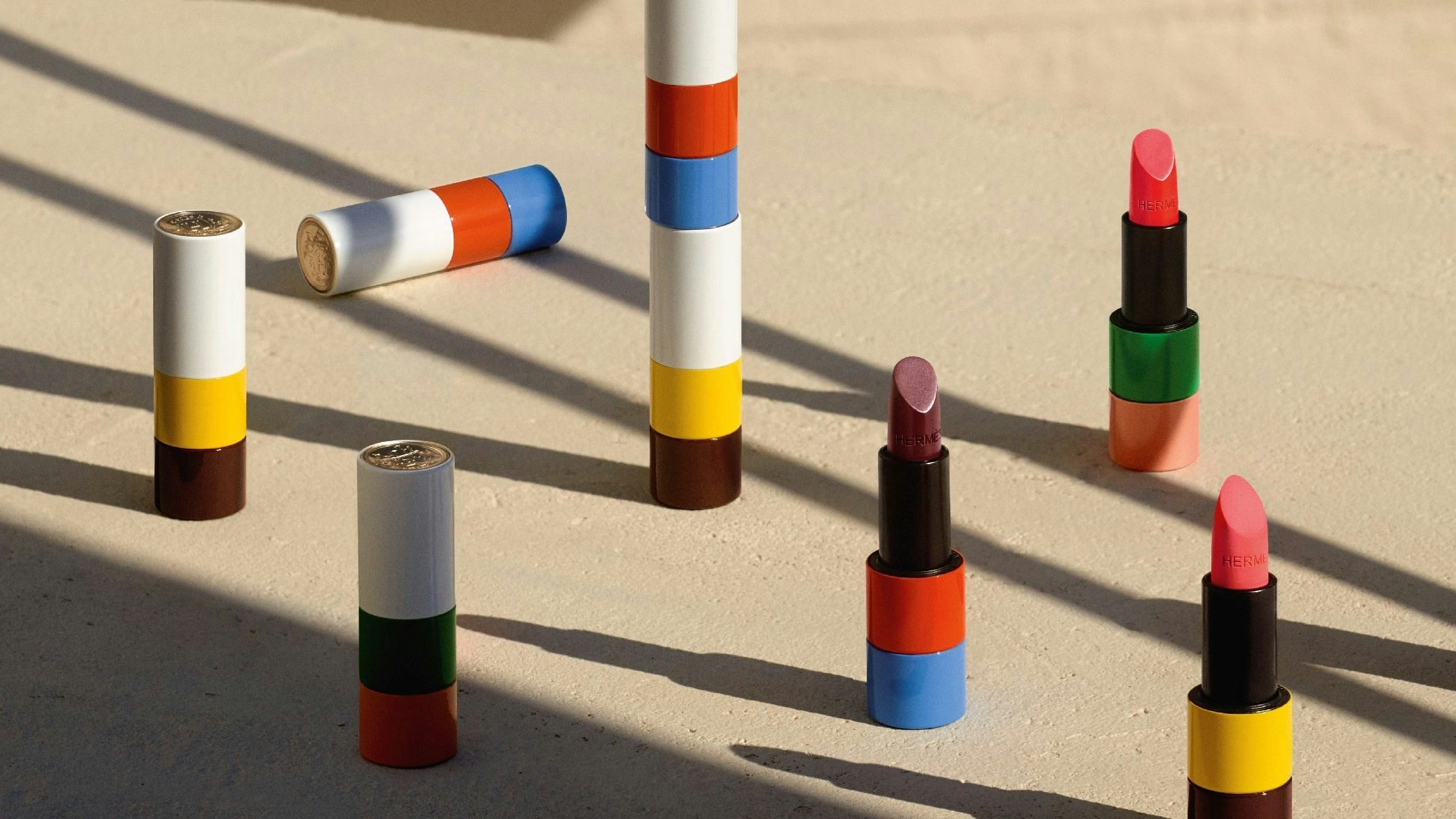What happened
“Peihuo (配货)” sales tactics used by Hermès are under attack again. The strategy, which helps a company sell its less popular categories before giving consumers access to iconic products, has repeatedly angered Chinese shoppers.
Previously, a protestor held up a board stating, “Rubbish Hermès — peihuo but no bag,” at the Hermès Beijing SKP store. Now, another Chinese shopper has protested by holding up a similar sign at the company’s Shanghai IFC boutique. The shopper claims he was denied access to the handbag he initially wanted to buy, even though he purchased a product worth 150,000 yuan upon the encouragement of a salesperson. Netizens are praising the buyer for speaking up, and the number of likes and reposts a viral video of the protest (and related content) has garnered on Douyin now exceeds 13,000.
The Jing Take
Hermès’ “peihuo” system is an open secret by now. On the local social platform Little Red Book, over 50,000 UGC posts are sharing their own “peihuo” experiences — along with tips on how to get hard-to-buy Birkin and Kelly bags. Although the brand denies its existence, the limited production of its most desired models enables the brand and its sales associates to be extremely selective with how and where they are sold, and of course, who can buy them.
Moreover, this phenomenon is now spreading across many luxury brands, such as Chanel, for instance. Their “IT” bags rarely reach the store or make an appearance on the shop floor. Instead, they are pre-ordered in advance by VIP customers in high transaction volumes. Subsequently, ordinary local buyers are left with few options: purchasing from a daigou or sourcing from a vintage store.

In a sense, both outcomes are a form of self-sabotage. Aside from losing valuable direct-to-consumer relationships by adopting such a system, brands also risk fanning secondhand market flames. This elitist strategy also means that Maisons must review their sales tactics or watch out for increasingly frustrated consumers. If they fail to adapt, social media will be awash with negative content damaging these companies’ reputations.
The Jing Take reports on a piece of the leading news and presents our editorial team’s analysis of the key implications for the luxury industry. In the recurring column, we analyze everything from product drops and mergers to heated debate sprouting on Chinese social media.


